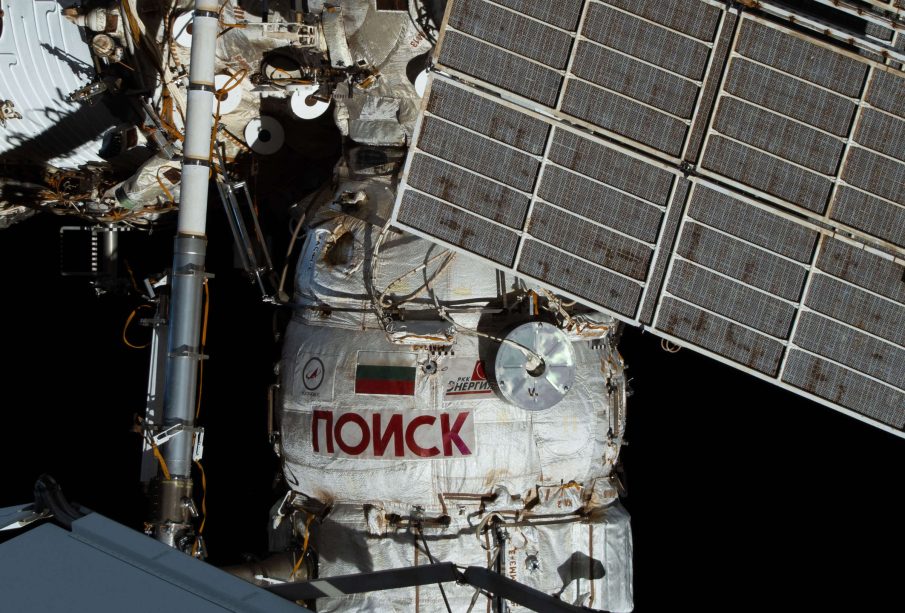Exploring the International Space Station (ISS) and Its Significance

Introduction
The International Space Station (ISS) stands as a remarkable feat of human engineering and international cooperation. Launched in 1998, the ISS serves as a microgravity research laboratory where scientific research is conducted in astrobiology, astronomy, meteorology, and other fields. With ongoing missions and advancements in technology, the ISS remains at the forefront of scientific exploration, making its relevance and significance paramount for current and future space exploration initiatives.
Recent Developments and Discoveries
In recent weeks, the ISS has been buzzing with activity. NASA astronauts have successfully completed a series of spacewalks to upgrade the station’s solar arrays, which are vital for power generation. This upgrade is expected to enhance the station’s capabilities and extend its operational life well into the future. Moreover, the ISS continues to facilitate crucial experiments aimed at understanding various phenomena in space, including the impacts of microgravity on human health and engineering.
On October 5, 2023, astronauts aboard the station conducted an important study focused on fluid dynamics in microgravity, which could lead to improved materials science on Earth. The results of these experiments contribute to the broader goals of sustaining human life during long-duration space missions, such as potential missions to Mars.
International Collaboration
The ISS represents a unique collaboration among multiple countries, including the United States, Russia, Europe, Japan, and Canada. This partnership has allowed for the sharing of knowledge and resources, further pushing the boundaries of our understanding of space. In recent talks, representatives from the participating countries discussed future missions and the potential for establishing a gateway station on the Moon, positioning the ISS as a stepping stone for lunar exploration and beyond.
Conclusion
The significance of the ISS extends beyond mere research; it embodies global cooperation in the pursuit of knowledge and advancement. As we look to the future, the ongoing efforts on the ISS set the groundwork for humanity’s reach into deep space. With plans for enhancing its facilities and conducting groundbreaking research, the ISS is poised to remain a central hub of activity in space exploration for years to come. Readers can expect to hear more about the developments surrounding the ISS as international partnerships strengthen and new technological innovations emerge.








